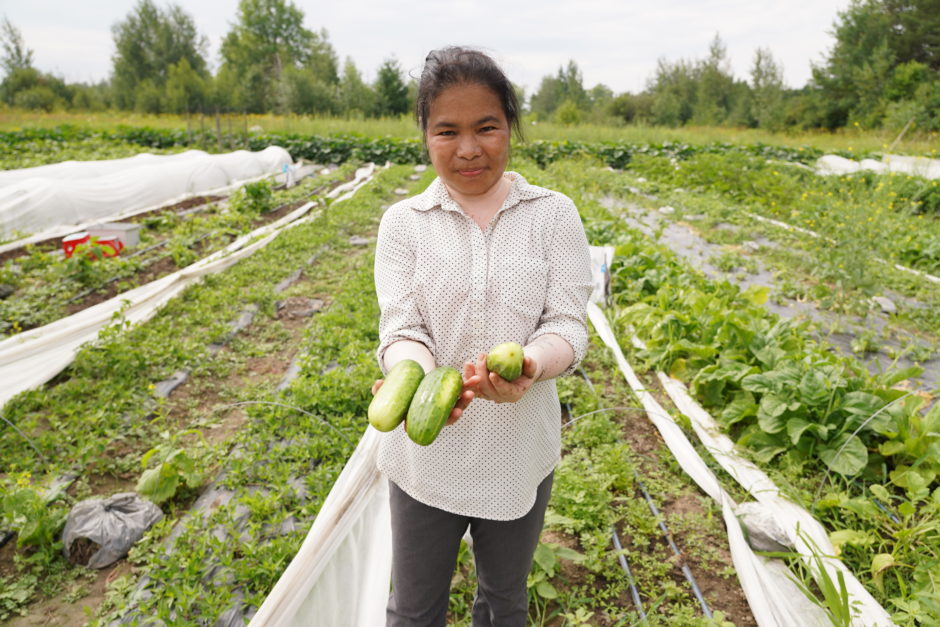Tucked into the east end of this city's Greenbelt lies a 60-hectare space where dozens of people — some with no previous experience in farming — spend days and weekends harvesting, weeding and growing something new.
As part of CBC Ottawa's series City Farmers, we'll introduce you to some of those people putting their passion for food sustainability into practice at the Just Food Farm.
The Naw family
It’s hot under the sun where Kheela Naw is kneeling in front of her bed of kale. “The weeds are overgrown down here,” she says, grabbing fistfuls of greens.
Surrounding her are the eggplant, peppers, lettuce, bean and tomato plants populating the tiny garden plot. In the middle, there’s a huge section reserved for cucumber. The family eats a lot of cucumber, especially her dad, she said.
'I hope they will teach their kids, too.'
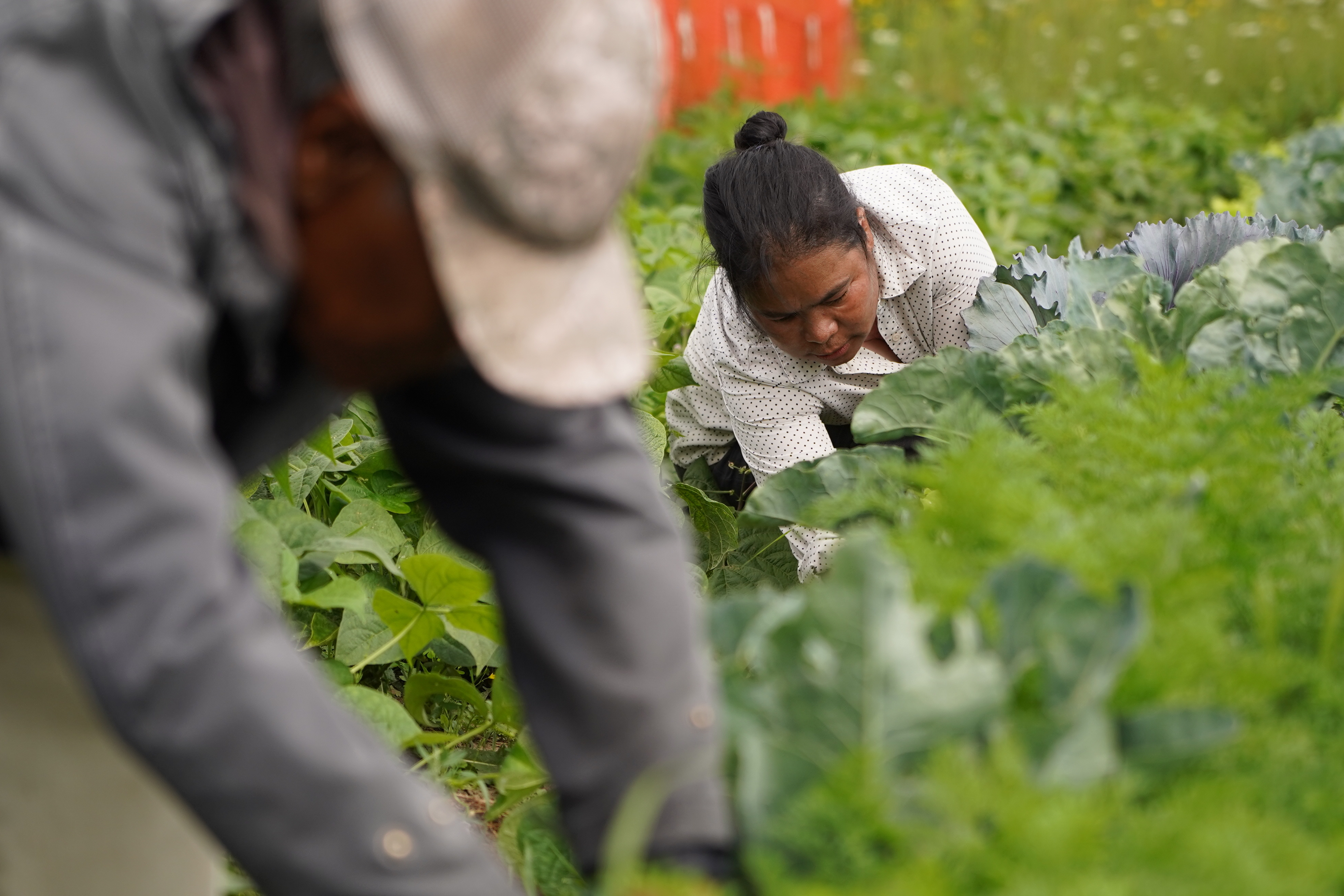
She stops to lift a cloth cover like she’s revealing a little secret, peering at some small green leaves. These greens are common in Myanmar, but hard to get in Ottawa’s grocery stores.
One of the plants she describes as a “sour leaf” and the other is like mint, which she grinds into a spicy paste.
“I love it,” she said. “Really good,” even if they are hard to grow in the heat. They’ll do better next year, she hopes.
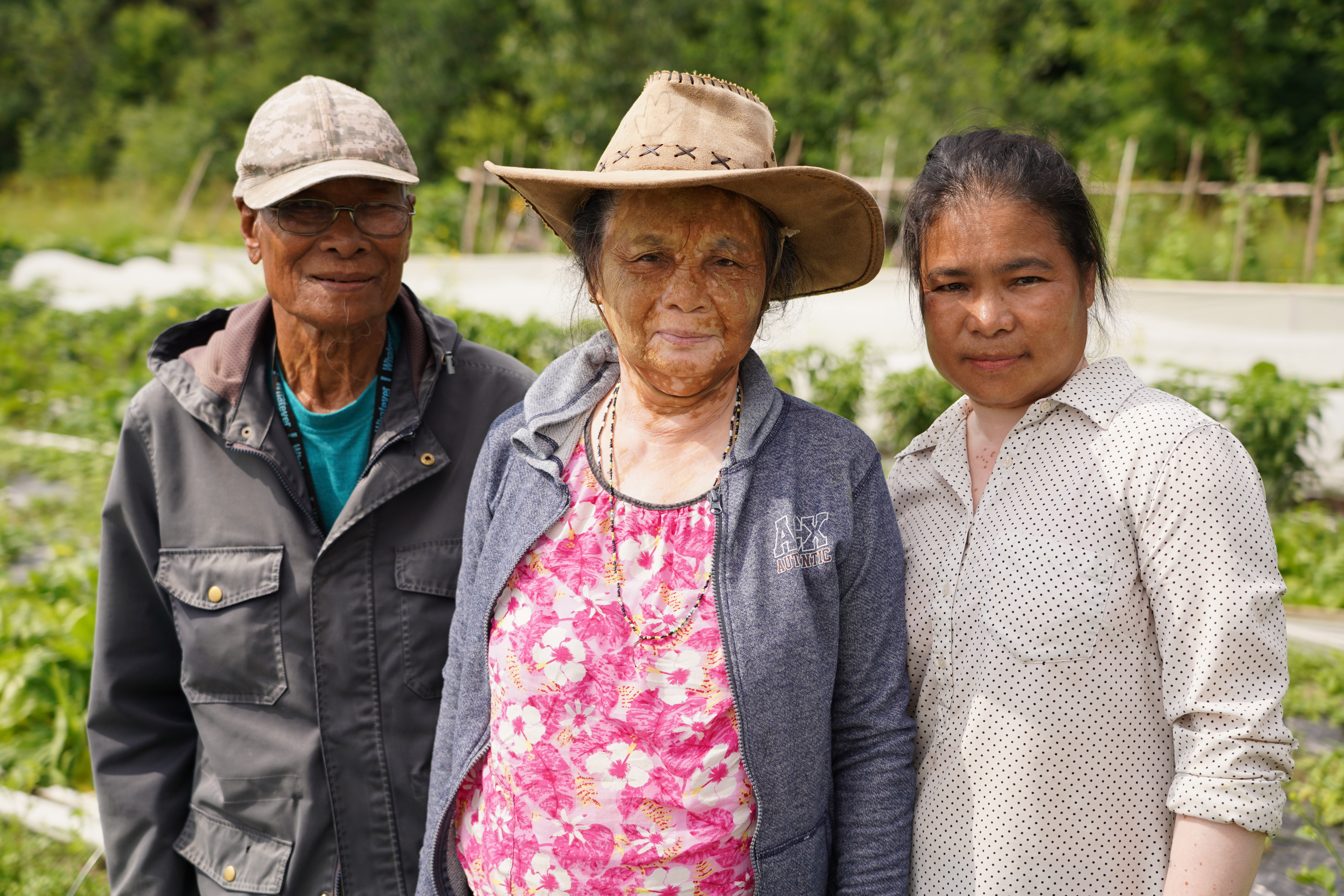
At home on the farm
Naw’s family tends a one-third acre plot at the Just Food Farm, part of a program for refugees with farming backgrounds that allows them to grow healthy, fresh food for themselves and their communities.
For Naw, it’s a way to preserve the traditions of home.
She arrived in Ottawa as a refugee in 2007. Her father Mowry Dee and mother Yi Kwa came in 2012. Naw has two grown daughters, 28 and 26, a son, 24, and a son-in-law who is also a refugee from Myanmar.
When Naw first arrived, the family rented a townhouse, but without much land. When her parents — both in their 70s — got here, they had little to do, and didn’t speak any English.
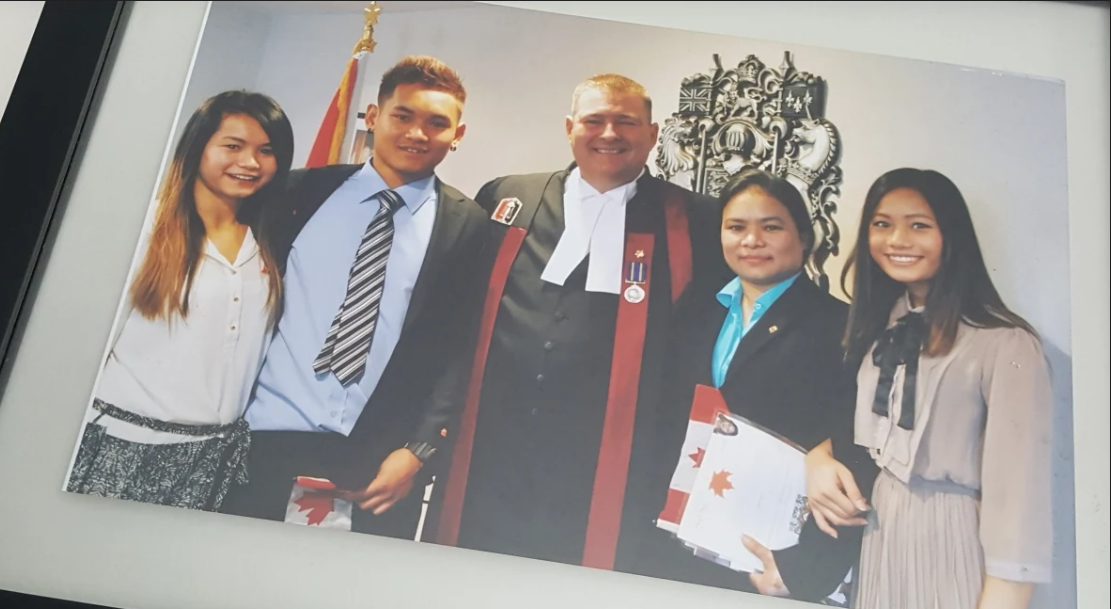
Back home in Myanmar they were farmers, growing rice and vegetables to feed the whole family. Naw felt it was important for them to continue.
“We don’t want to lose it — how to farm. That’s the main thing,” she explained. “We don’t forget how to farm, we are farmers.”
They created a garden in the small backyard.
Then in 2014, they connected with the Karen Learning and Education Opportunities support group, which partnered with Just Food to provide them with space at the farm. In return, a portion of the crops goes to the food bank.
Naw’s mother and father were especially happy to be farming again, sharing the plot with another Karen family.
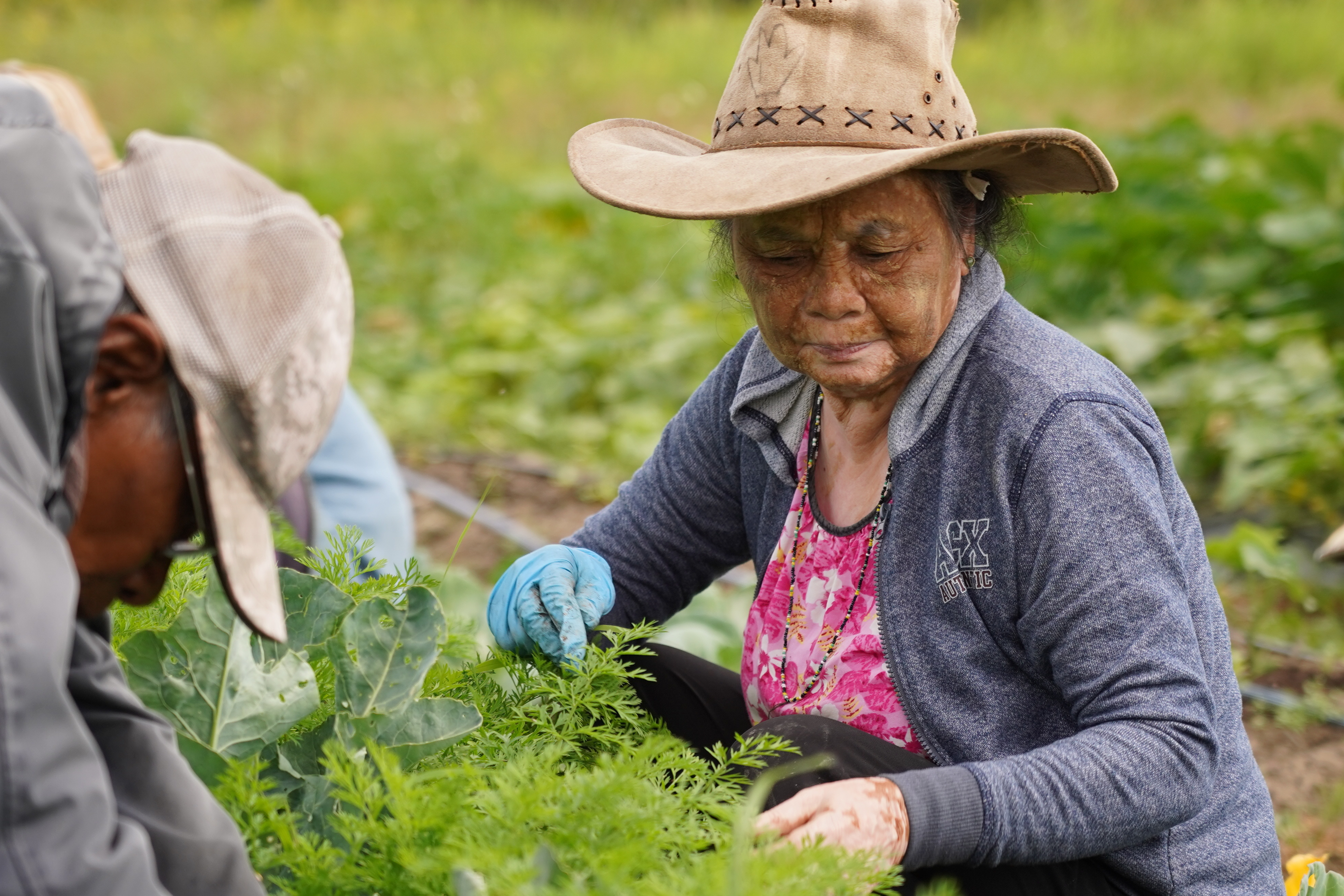
A place of refuge
Kheela translated for her mother, Yi Kwa, who said she likes growing her own food, especially coriander, cucumbers and beans, “without the chemicals, with nothing.”
“To be outdoors, it’s good,” Yi added. Naw’s father, Mowry Dee, piped up, saying he likes the exercise.
During the pandemic, the farm became even more important — a safe place to go outside.
Naw and her parents went every day, especially when Naw was out of work in the spring. She now works a few days a week as a cleaner at a government building and visits the farm when she can.
Normally, students from the Karen community would pitch in. Not this year.
“We have to work a little harder,” Naw said, “and we don’t see many people.”
Instead, Naw’s children and son-in-law, who were also out of work for a time in the pandemic’s early days, helped out.
Though her children complain about the heat and mosquitoes, she's glad the pandemic created the opportunity for them to get more involved.
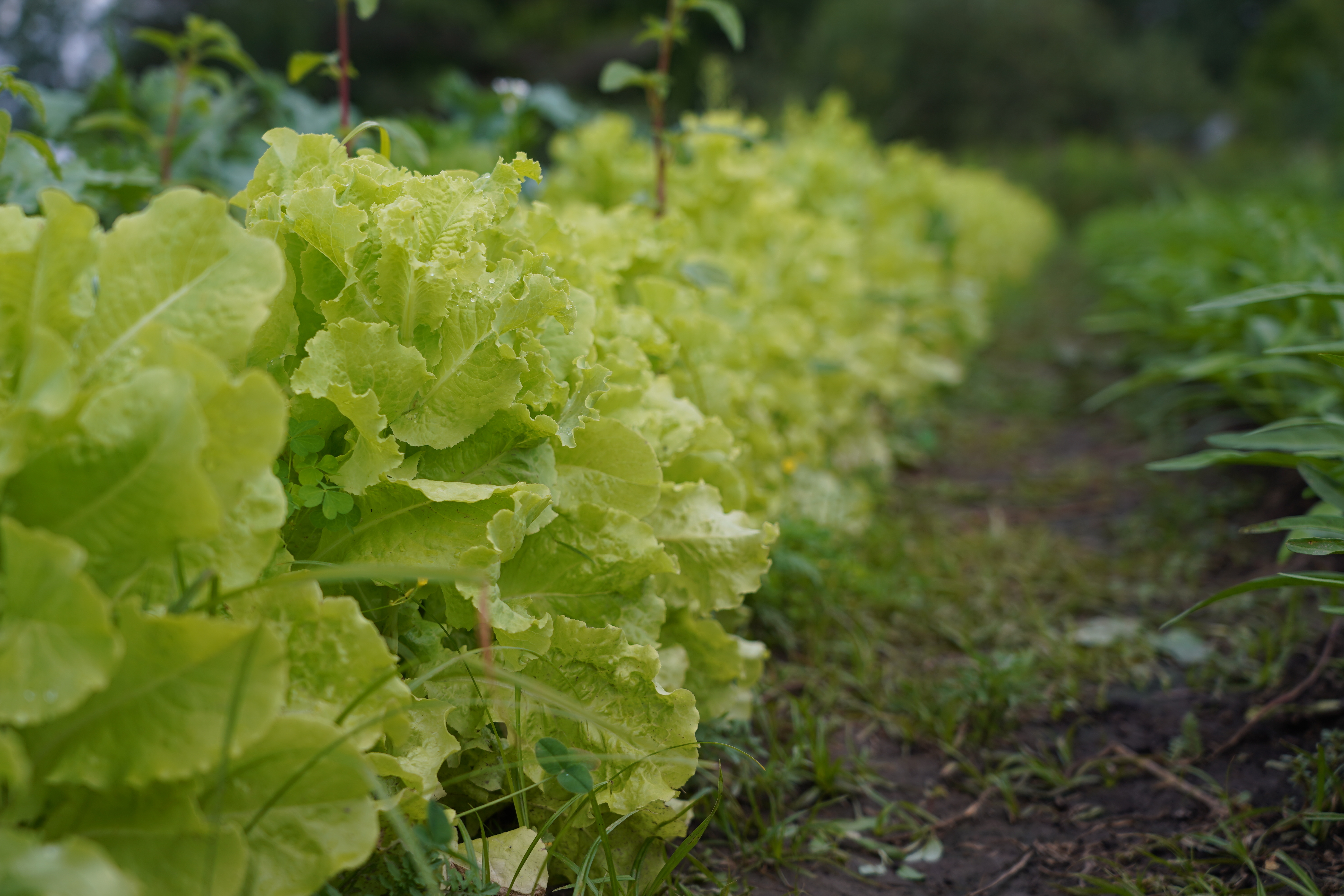
The next generation?
As her parents age and become less capable of farming, Naw worries about keeping those traditions alive.
The pandemic gave her children a chance to spend time learning the skills her parents brought with them.
“I won’t live here forever,” she said. “I hope they will teach their kids, too. For their future.”
City farmers
The pandemic has put food security in the spotlight as many look to better understand where the food they eat comes from, or even start growing it themselves.
CBC Ottawa is taking a closer look at a program for startup farmers at Just Food Farm. The Blackburn Hamlet plot is a place where they can experiment with new techniques and teach others some of what they’ve learned.
Click here to meet others in our series: the Chinese-Canadian couple mixing techniques and tastes from here and from home, and the public servant turned beekeeper hoping to pass on his fascination with those tiny pollinators.
